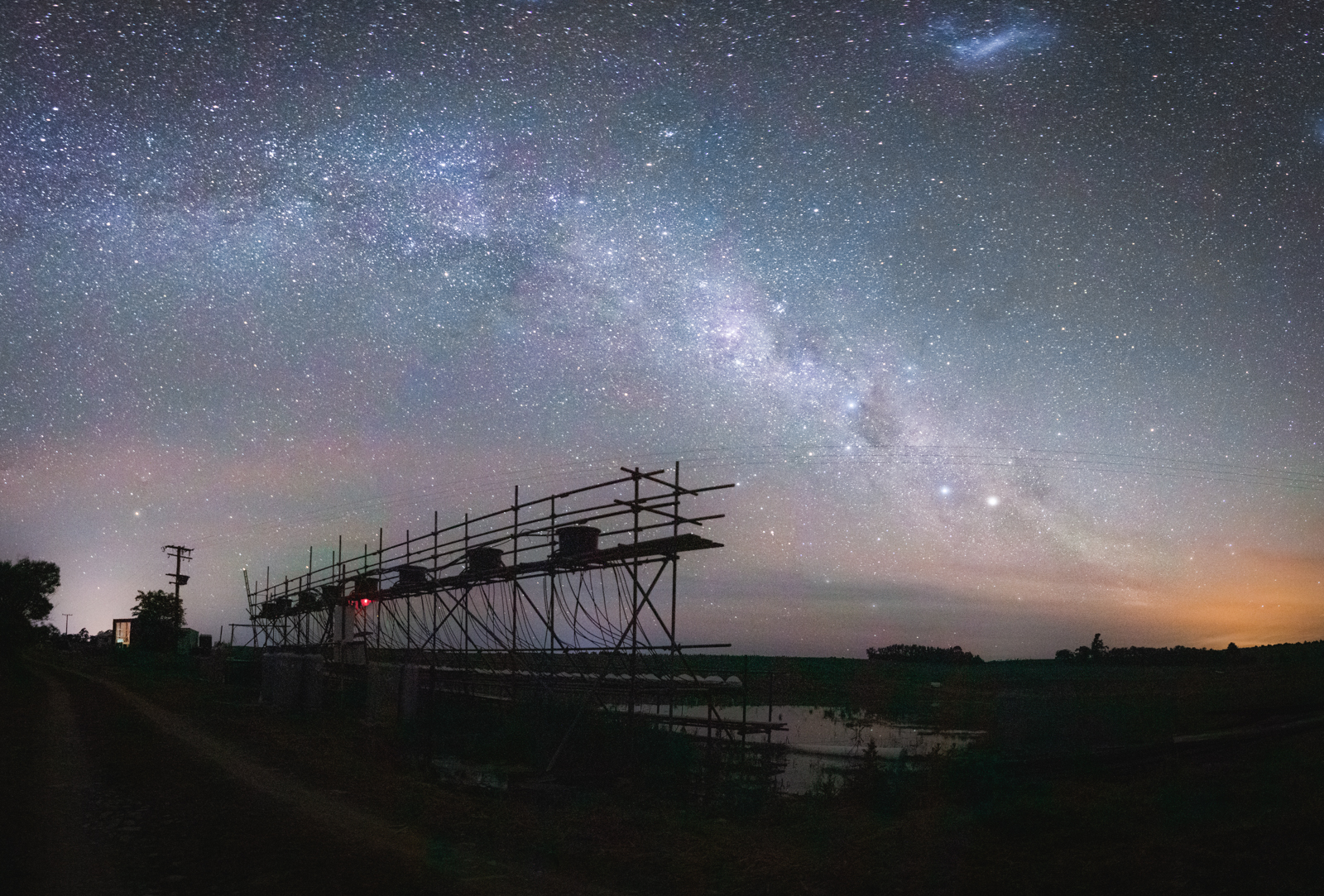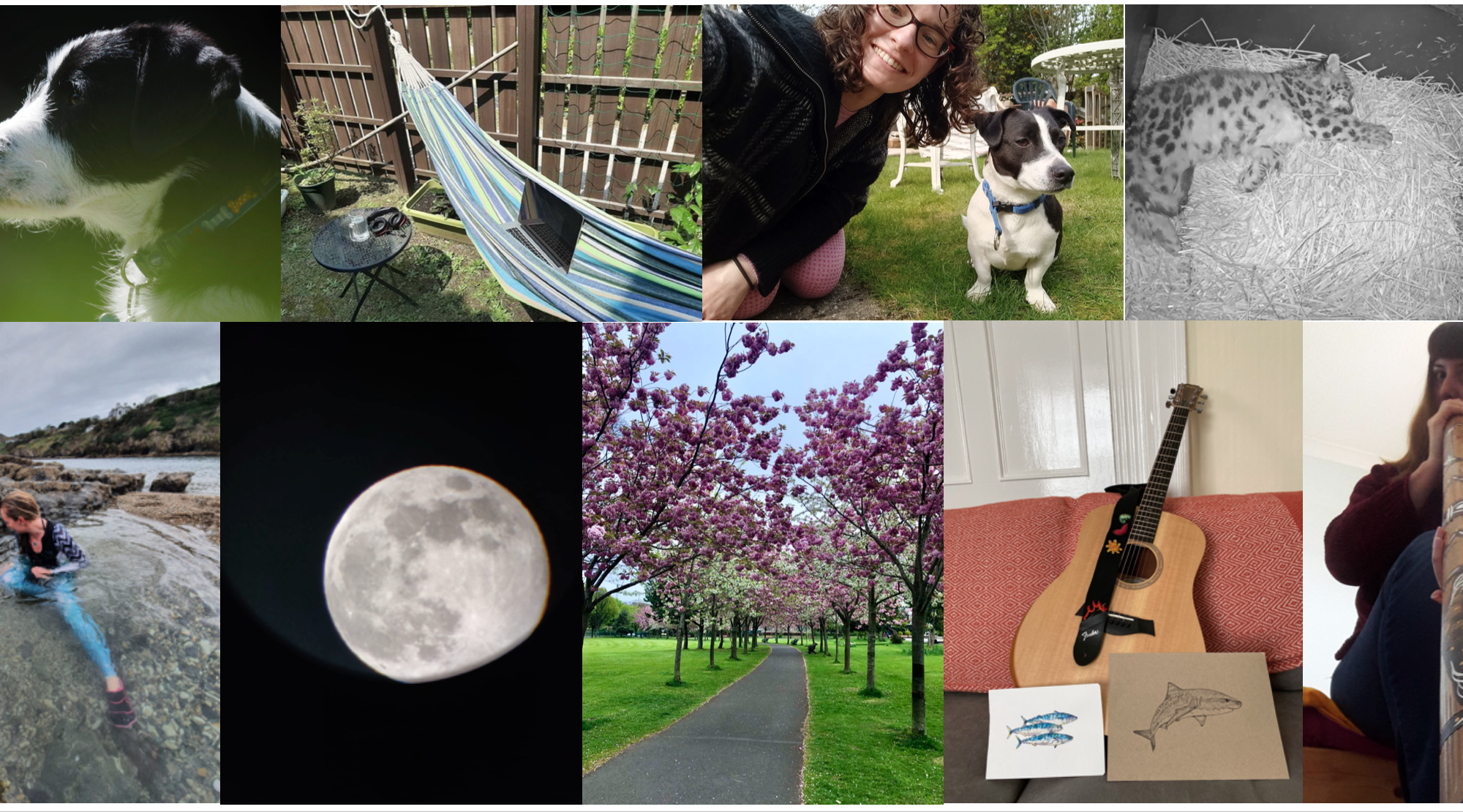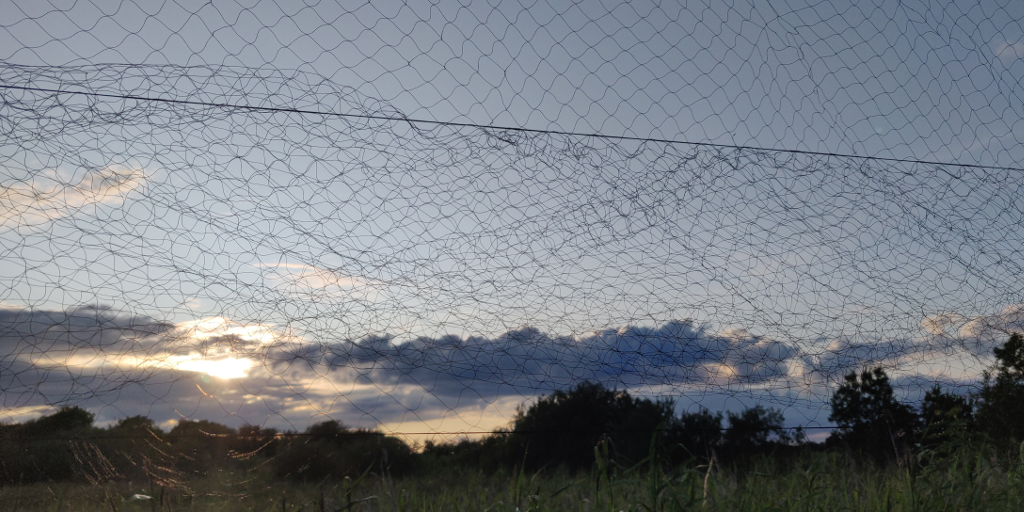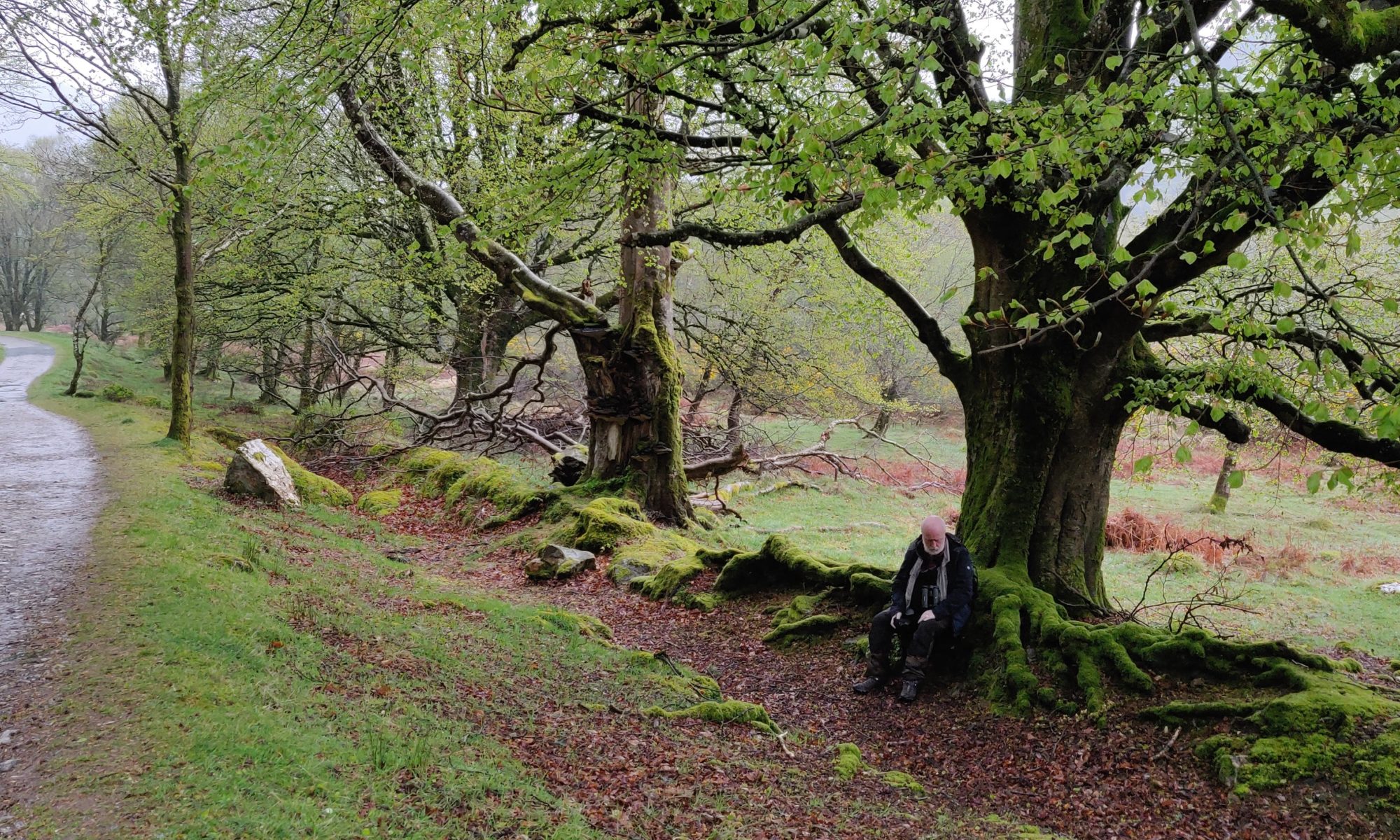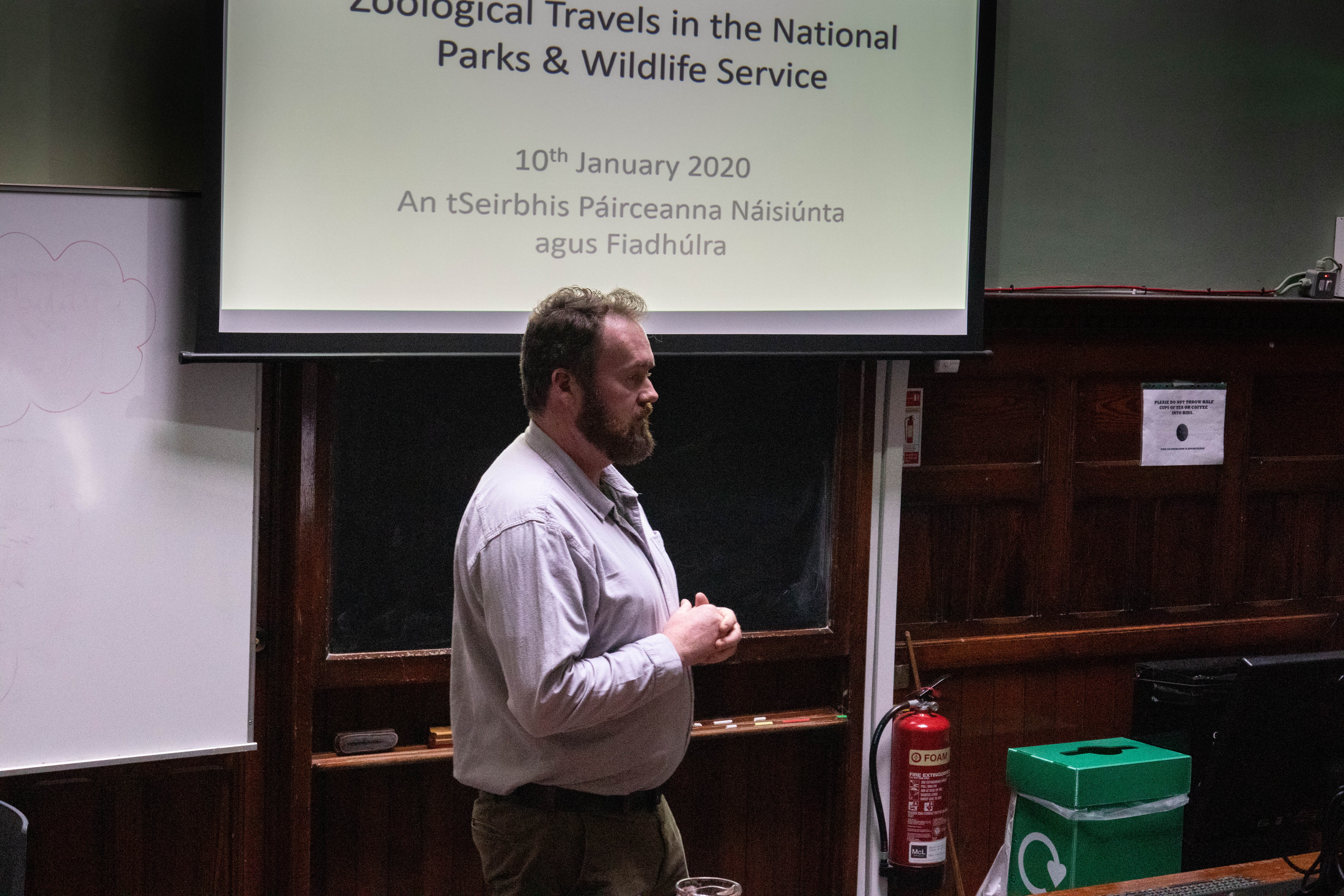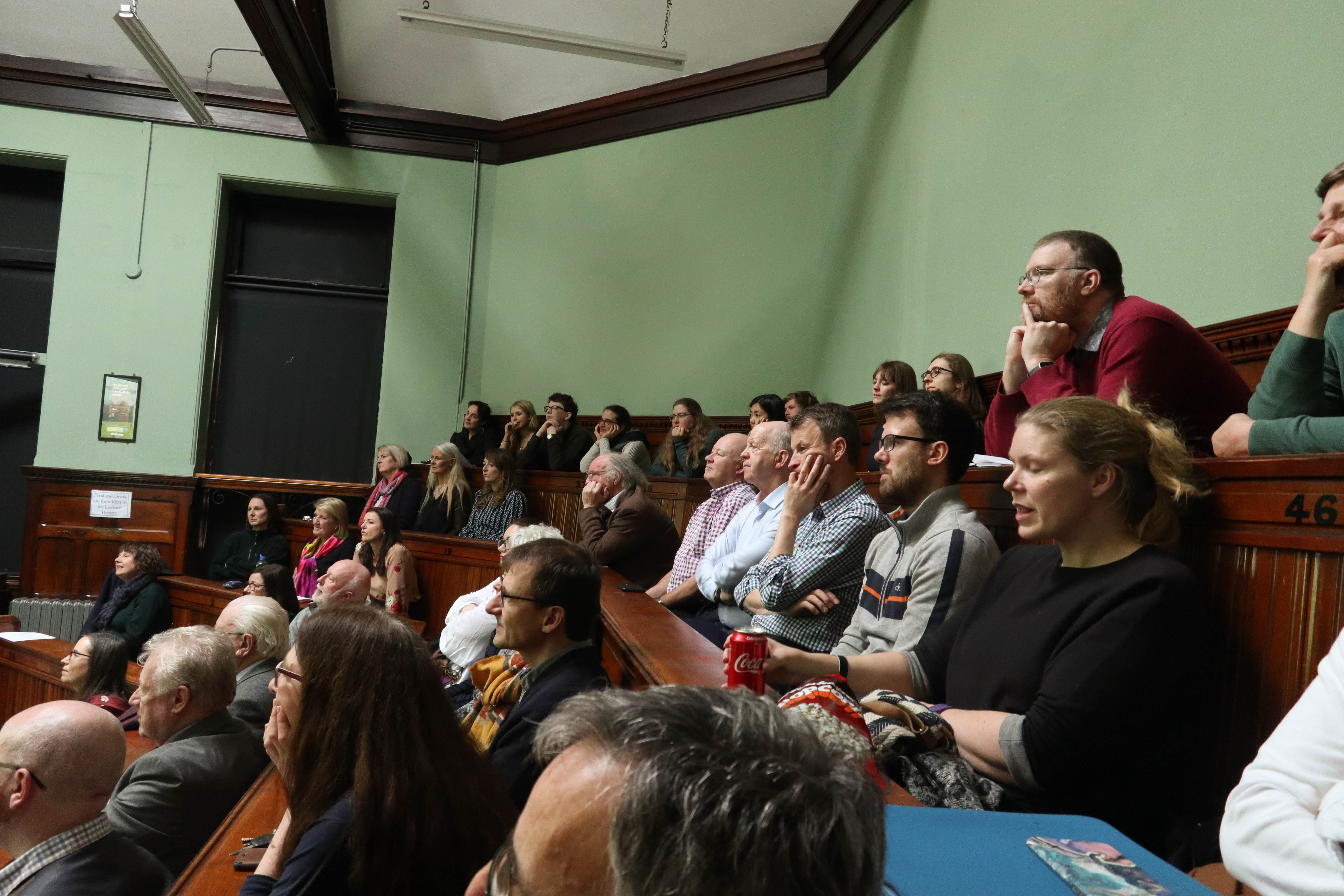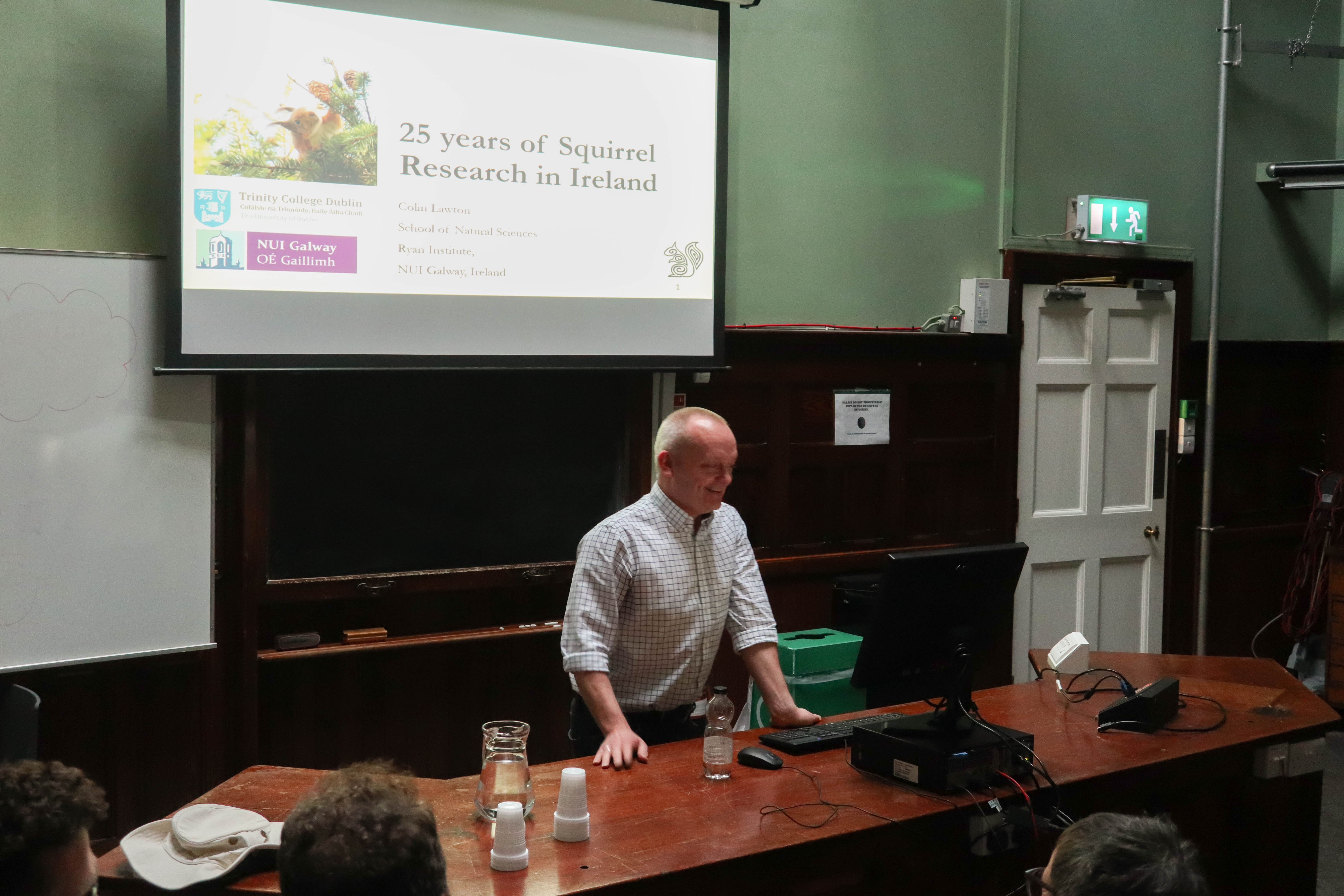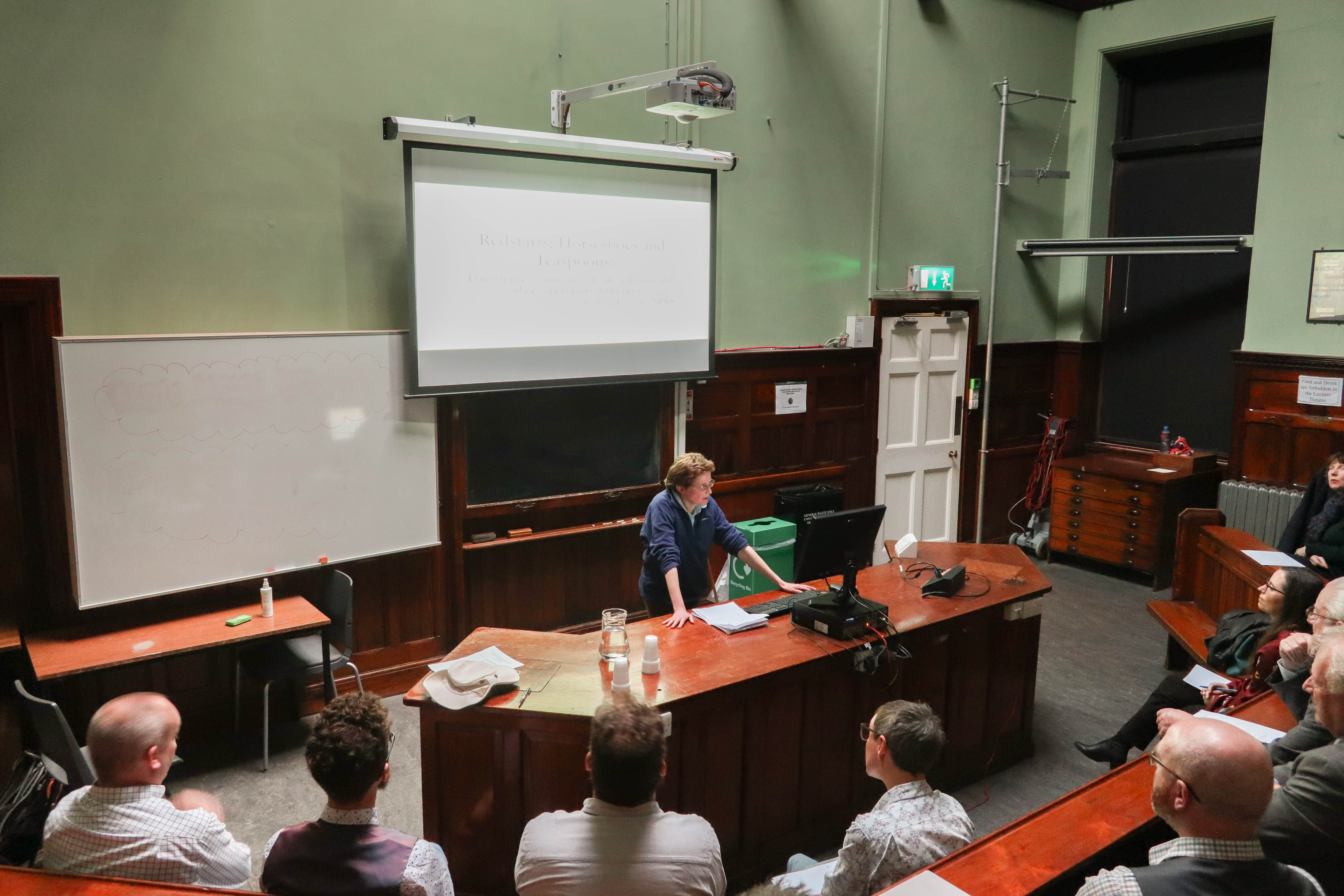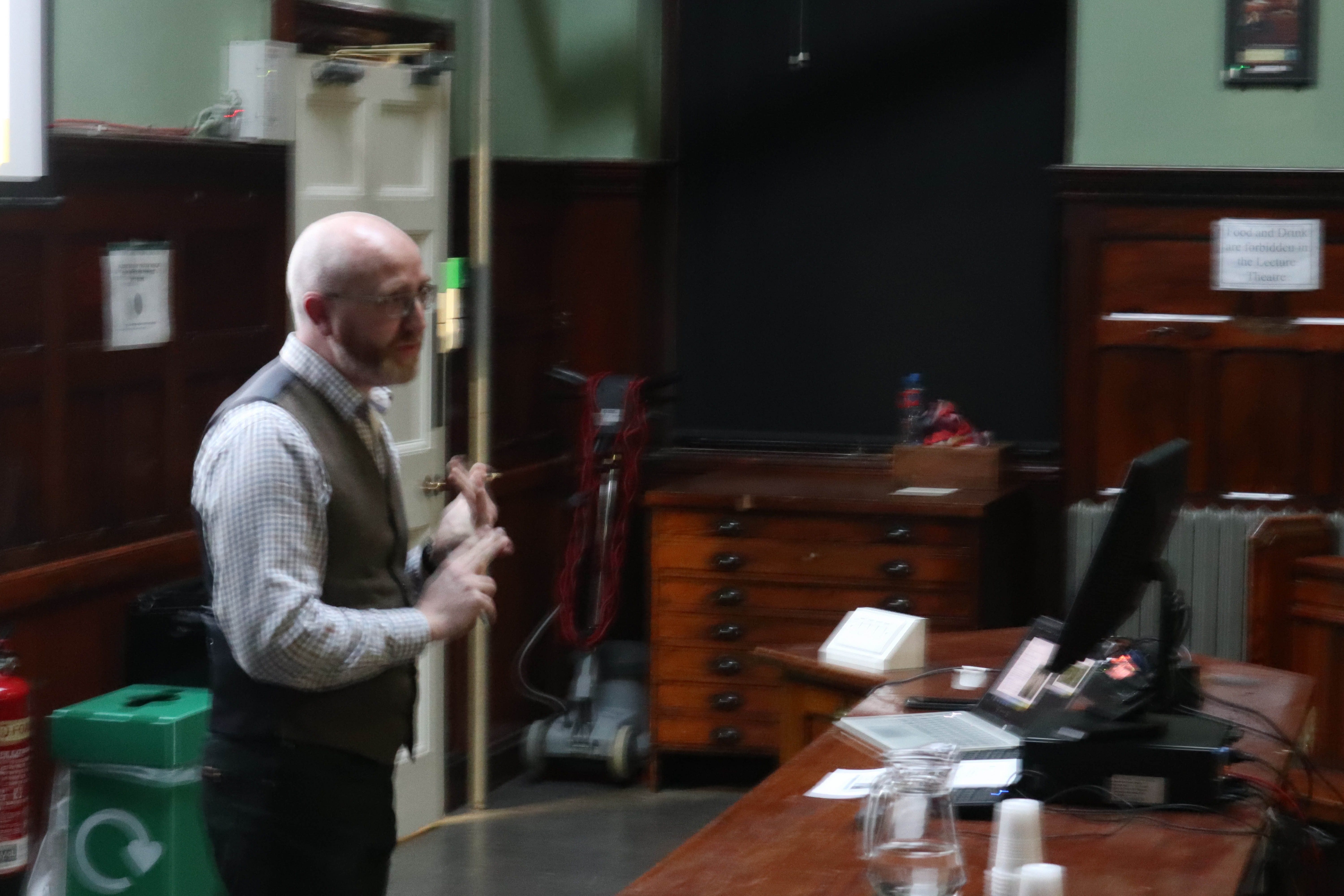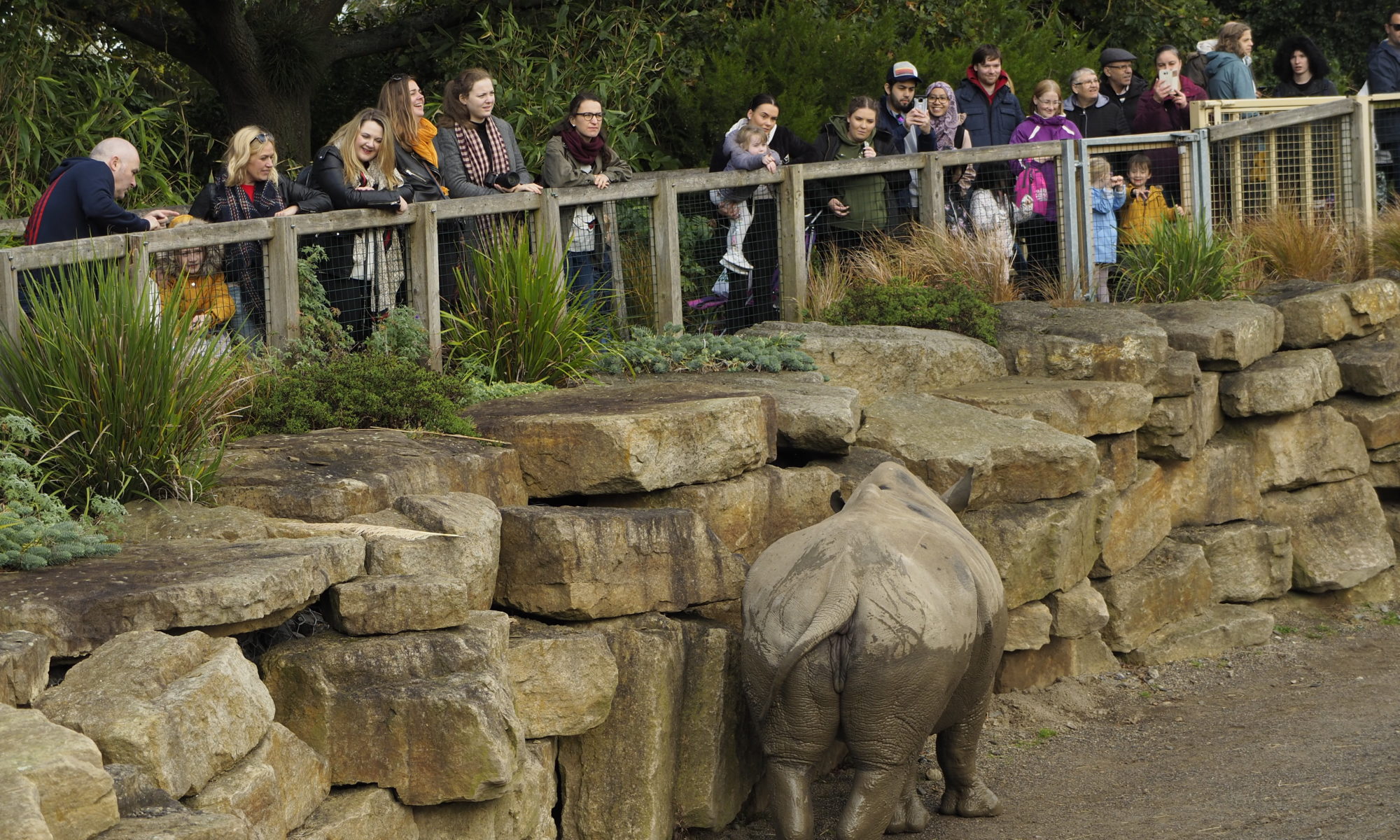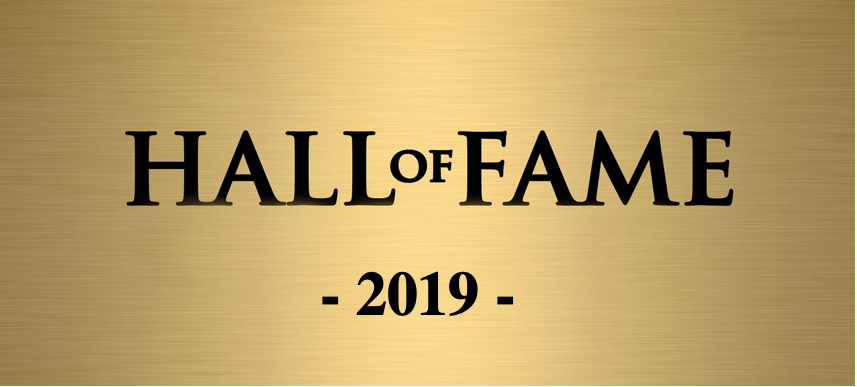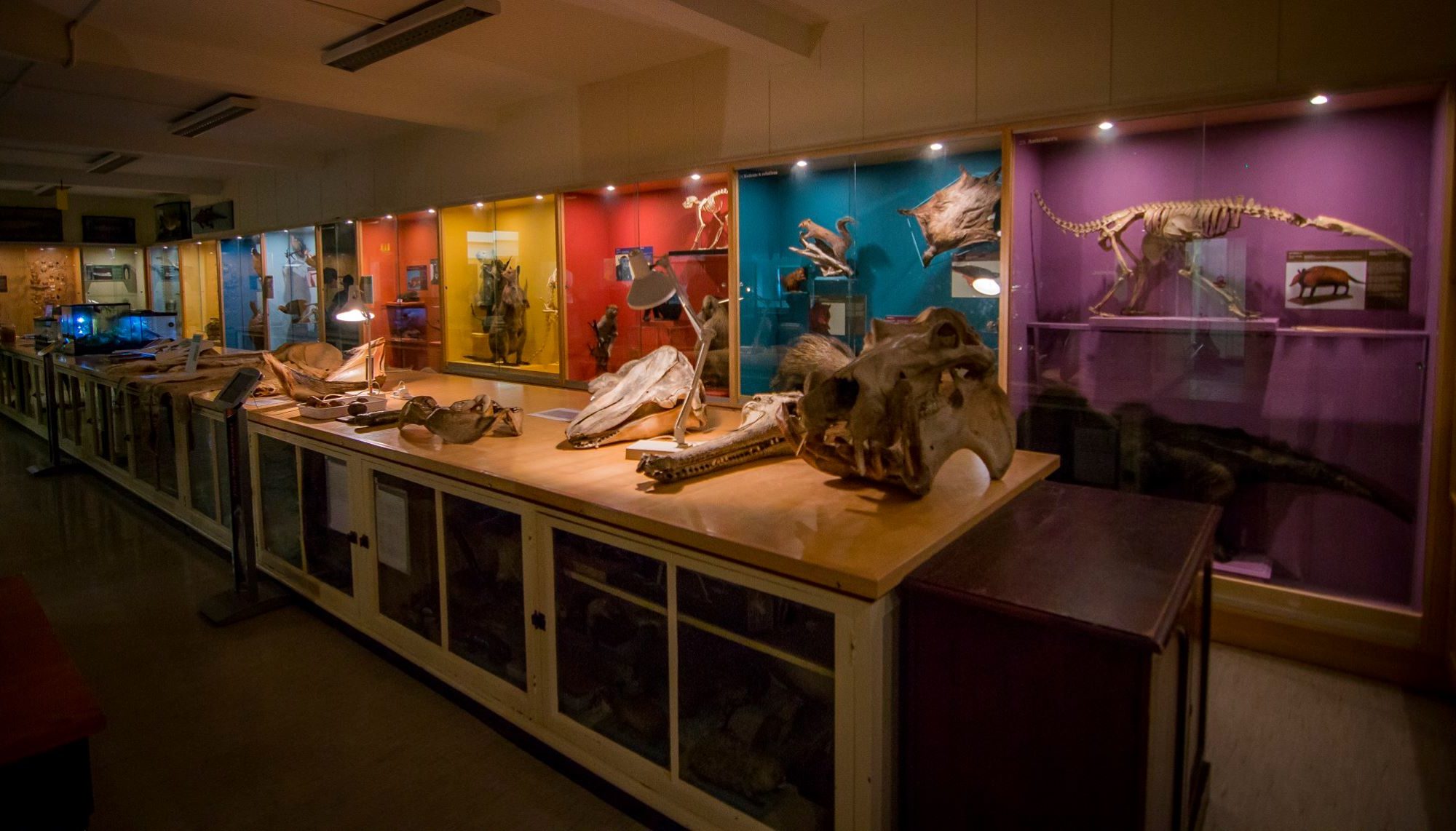Being on lockdown has me dreaming of our recent field season in New Zealand. The home of “Middle Earth” is a paradise for outdoor enthusiasts and going through the photographs from my own unexpected(/meticulously planned) journey is making my imagination run wild. Unique wildlife, towering mountains, endless waves, campsites with a view…
Staying Sane in the Insanity
With just over a month of confinement behind us and the uncertainty of when it will end, we thought we’d ask the EcoEvo community at Trinity College how they were coping. From the relief provided by our trusty companions to the energising outdoors, find out what measures academics have taken to remain sane, even when the world has seemingly gone insane. You might even find some inspiration for yourself!
Continue reading “Staying Sane in the Insanity”Ecofiction: The Journey
This short short story was first published in the March 2020 issue of The Niche, the magazine of the British Ecological Society, as part of their “Horizons” ecofiction series. “Horizons” aims to use fiction to help visualise a better future aided by ecological science.
Continue reading “Ecofiction: The Journey”Celebrating 35 years of Professor John Rochford
Esteemed and valued colleague, educator and mentor to so many, Professor John Rochford, retired in September 2019 after 34 years of service. His retirement was very fittingly marked on January 10th by a symposium which celebrated the influence of John’s teaching and mentorship and the far-reaching impact he has had on his research area of wildlife biology. The symposium was organized by Prof. Celia Holland and Fiona Moloney who put together a fantastic variety of contributions. The speakers were all John’s former students who have gone on to make their mark in academia, journalism, public education and as professional ecologists and wildlife rangers.
Continue reading “Celebrating 35 years of Professor John Rochford”The 2020 Postgraduate Symposium: putting the broad range of research in the School of Natural Sciences under the limelight
What started as a good excuse to take a break from thesis writing (while still being productive), ended up being two of the best days I’ve ever had in college – the 2020 Zoology/Botany Postgrad Symposium.
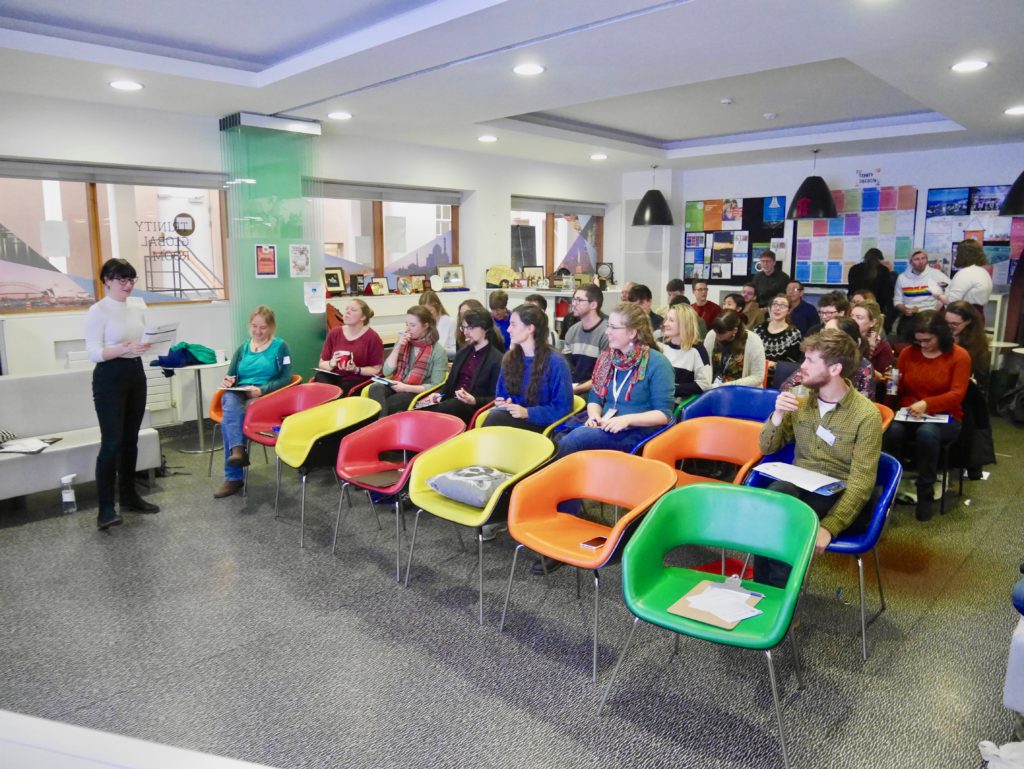
For two days we were treated to the most incredible talks on a wide range of topics, covering theoretical, lab-based, and field work. It was incredible to see the wide range of research being done in the department. It’s difficult to keep up with everything that’s going on, but these talks gave a great insight into some of the incredible work being done.
Continue reading “The 2020 Postgraduate Symposium: putting the broad range of research in the School of Natural Sciences under the limelight”Why go to the zoo?
Nearly every single one of us has visited the zoo at least once, it’s a fundamental part of most childhoods. In fact, over 700 million people visit zoos and aquariums around the world every single year. Although we may all go to the zoo for a fun day out, by choosing to go to the zoo we are indirectly funding the conservation of animals in the wild, as modern zoos and aquariums invest more than $350 million in conservation in the wild every single year, representing the third largest conservation organisation contributor globally (Gusset & Dick, 2011).
Continue reading “Why go to the zoo?”Pedagogy in Portugal
The sun rose over the Algarve as I stood outside on my hotel balcony, watching it. In January, imagine that! It was a beautiful start to the day and I was ready to dive into work (after a hearty Portuguese breakfast of course). I was in Portugal for a few days for a workshop on field pedagogy. For the uninitiated, that means teaching techniques and the theory behind teaching, but specifically in a fieldwork context.
I have relatively limited experience of fieldwork. I went on a few wonderful field courses at school, college, and then university, but I haven’t really done much teaching of fieldwork. I did help undergraduate students to sample river invertebrates in the river Dodder which we later identified to learn about the process of measuring biodiversity and also of using the invertebrate community to understand water quality. Other than that, I’ve little fieldwork teaching under my belt, so I was ready to learn how things are done.
Continue reading “Pedagogy in Portugal”New Year Plant Hunt 2020
The New Year Plant Hunt is a yearly event held by the Botanical Society of Britain and Ireland (BSBI) that helps to record how plants are reacting to our changing climate. Over four days during the Christmas holidays, volunteers will simply head out for walks, of no more than 3 hours each, and record all species seen flowering. The aim of this citizen science project is to record all plants flowering in mid-winter, in order to help document the effects of climate change on plant phenology.

This year, a total of 1714 people took part in the event and over 14,000 plants were recorded blooming throughout Britain and Ireland. Botanists from TCD joined different local walks. Together with Cian White and fellow naturalists from UCD, we went for a nice walk… on a covered landfill site! Our goal was to study an area that wouldn’t necessarily be surveyed by a less committed group, and I think we did achieve this.
Continue reading “New Year Plant Hunt 2020”The 2019 EcoEvo Hall of Fame
Every year, contributors to the blog look back on their favourite papers of the previous year and tell us what it was about these publications that stuck in their mind so much. With a range of different topics and reasons, it’s always great to see what each of us thinks makes for a great paper! Find out what we elected as our favourite papers in 2018 and 2017, and read on for this year’s entries:
Perrot-Minnot, M. J., Guyonnet, E., Bollache, L., & Lagrue, C. (2019). Differential patterns of definitive host use by two fish acanthocephalans occurring in sympatry: Pomphorhynchus laevis and Pomphorhynchus tereticollis. International Journal for Parasitology: Parasites and Wildlife, 8, 135-144.
Chosen by Paula Tierney
Read the full International Journal for Parasitology: Parasites and Wildlife paper here

Sometimes a paper doesn’t have to make huge waves in the broader ecology world to be a great paper and sometimes a paper comes along at just the right time to answer the questions you need answering. Perrot-Minnot et al. 2019 did both for me this year. Since the taxonomic revision of the acanthocephalan parasite Pomphorhychus laevis by Špakulová et al in 2011 resurrected the closely-related species Pomphorhynchus tereticollis, the systematics of the genus in Europe has been something of a taxonomic dumpster fire. It also left one of my PhD chapters with a bit of an identity crisis since,
Continue reading “The 2019 EcoEvo Hall of Fame”Home and Away: Australian expats
Natural history museum collections are invaluable snapshots of history. Research collections are snapshots of the animals and plants collected in history. Research collections are also a reflection of the people and attitudes at the time it was curated. There is a well-represented collection of native Australian animals in the Zoology Museum at Trinity College Dublin. Well-represented in many sense of the word. This is a story about the red land down under, Australia, and the collection of Australian animals held in overseas museums around the world. It is a story in parts. This is the third and final part.
Australian expats
The pride of the Zoology Museum is Ireland’s last Great Auk (Pinguinus impennis). As the Great Auk exemplifies, all you need to have a lecture room named after you is to be extinct. But this isn’t a story about extinct Irish birds.

There is a bird in the Museum labelled as a night parrot (Strigops habroptilus). As I’ve described in a previous story, the vernacular name for this specimen is kakapo (literally night parrot in Maori), an endemic New Zealand bird. Kakapos are great. They deserve a blog post to themselves, but this isn’t a story about New Zealand birds.
Continue reading “Home and Away: Australian expats”
